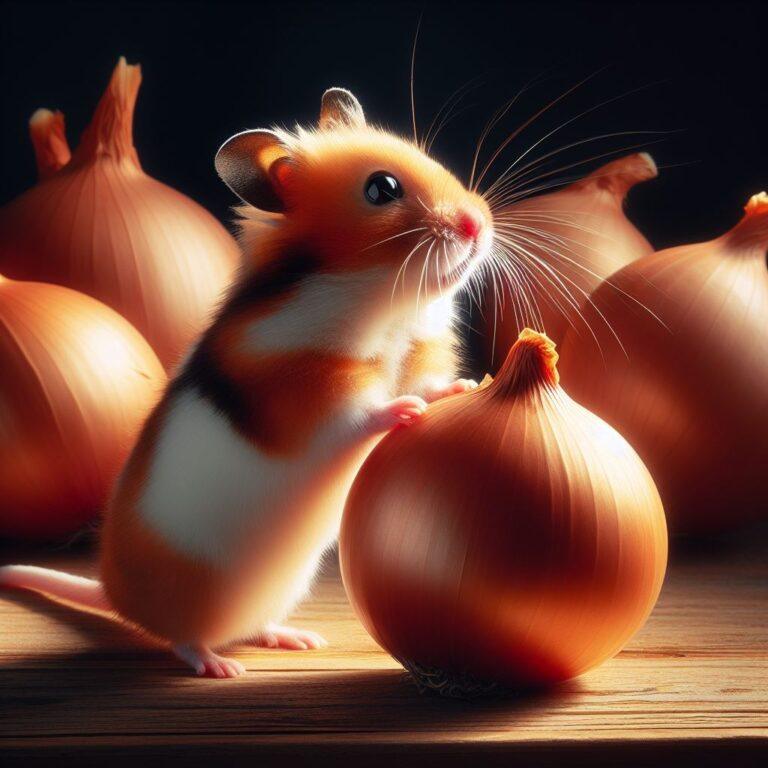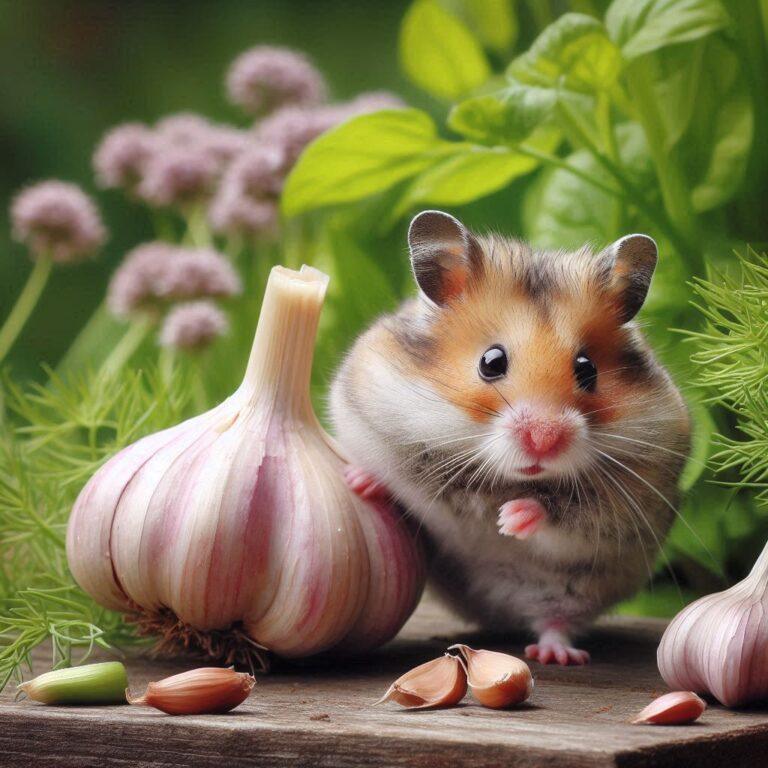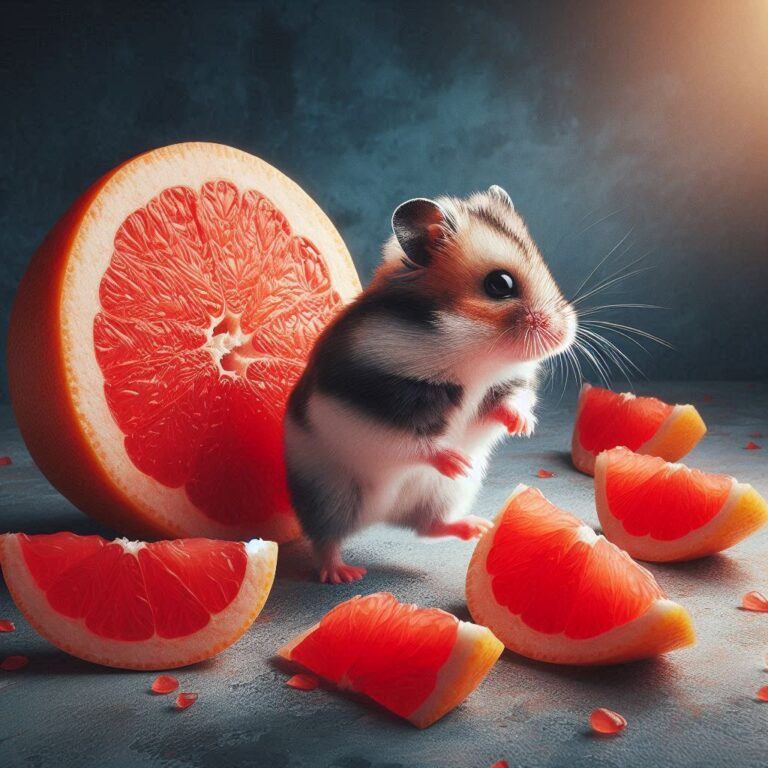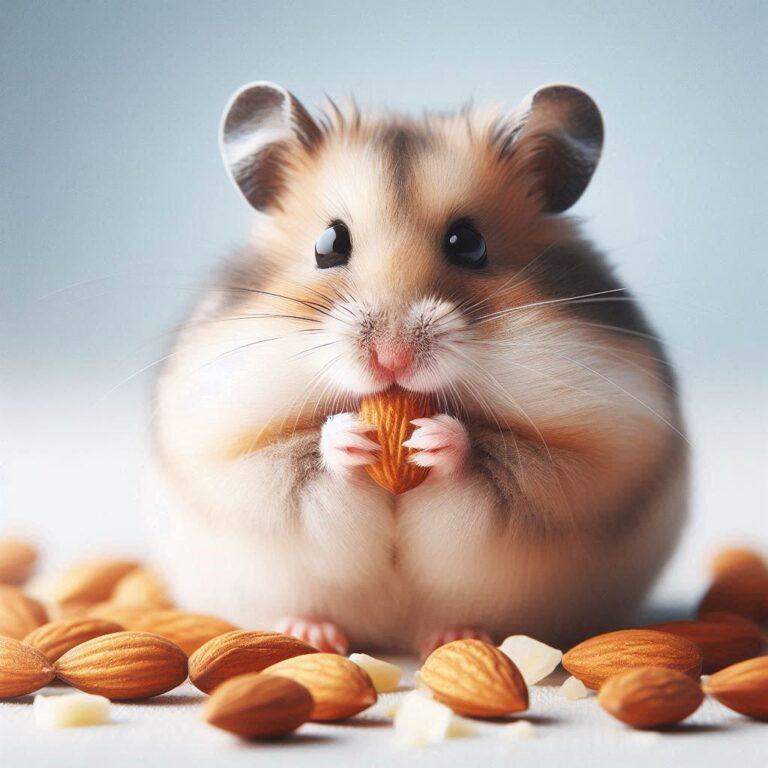Can Hamsters Safely Eat Cheese
Hamsters cannot safely eat cheese as a regular part of their diet. While small amounts of certain cheeses might not immediately harm them, cheese is not a suitable food for hamsters due to its high fat content, potential lactose intolerance issues, and nutritional imbalance.
Hamsters have specific dietary needs that cheese doesn’t meet, and regular consumption can lead to health problems.
I’ve been caring for hamsters for years, and I’ve learned a lot about their dietary needs. Let’s break down why cheese isn’t a good choice for these small pets and what you should feed them instead.
The Facts about Cheese for Hamsters
Cheese comes in many varieties, from hard cheeses like cheddar and parmesan to soft cheeses like brie and mozzarella. Each type has different nutritional profiles, but they all share some common characteristics that make them problematic for hamsters.
The main components of cheese are protein, fat, and calcium. While these nutrients are essential for hamsters, the proportions in cheese are far from ideal for their small bodies.
Cheese is particularly high in fat, which can quickly lead to obesity in hamsters if consumed regularly.
Hamsters have a unique digestive system designed to process a diet primarily consisting of grains, seeds, pellets, and some vegetables.
Their digestive tract isn’t well-equipped to handle the high fat and protein content found in cheese. This can lead to digestive upset, including diarrhea or constipation.
Risks and Considerations
Feeding cheese to hamsters comes with several potential health risks. The high fat content in cheese can quickly lead to obesity, which is a significant health concern for hamsters.
Obesity in hamsters can cause a range of problems, including diabetes, heart disease, and shortened lifespan.
Lactose intolerance is another major concern. When hamsters consume lactose, which their bodies can’t properly digest, it can lead to gastrointestinal distress.
Symptoms may include bloating, gas, diarrhea, and abdominal pain. In severe cases, it can even lead to dehydration.
The salt content in cheese is another factor to consider. Hamsters have a low sodium requirement, and the amount of salt in cheese can be too high for their small bodies.
Excessive salt intake can lead to dehydration and put strain on their kidneys.
Safe Alternatives and Proper Hamster Diet
Instead of cheese, there are many safe and healthy treats you can offer your hamster. Fresh vegetables like carrots, cucumbers, and leafy greens like kale are excellent options.
These provide essential nutrients and hydration without the risks associated with cheese.
Some fruits can also be offered in moderation. Small pieces of apple (without seeds), pear, or berries can be a sweet treat for your hamster. However, due to their high sugar content, fruits should be given sparingly.
For protein, which is an essential part of a hamster’s diet, consider offering small amounts of cooked egg white or plain, cooked chicken. These provide the necessary protein without the high fat content of cheese.
The core of a hamster’s diet should consist of a high-quality commercial hamster food. These foods are specifically formulated to meet the nutritional needs of hamsters.
They typically contain a mix of grains, seeds, and pellets that provide a balanced diet.
Fresh water should always be available to your hamster. Change the water daily and clean the water bottle regularly to prevent bacterial growth.
When it comes to feeding, portion control is key. Hamsters have a tendency to overeat if given the opportunity, which can lead to obesity.
Measure out their food according to the guidelines on the package or as recommended by your veterinarian.
It’s also important to note that hamsters are natural foragers. In the wild, they spend a significant portion of their time searching for food.
You can replicate this behavior by scattering their food around their enclosure or using puzzle feeders. This not only provides mental stimulation but also encourages physical activity.
Variety is important in a hamster’s diet, but introduce new foods gradually. Sudden changes in diet can upset their digestive system.
When introducing a new food, offer a small amount and watch for any adverse reactions.
While cheese might seem like a tempting treat for your hamster, it’s best to avoid it altogether. The risks far outweigh any potential benefits.
Instead, focus on providing a balanced diet of commercial hamster food, supplemented with safe fruits and vegetables.
Remember, every hamster is unique, and what works for one might not work for another. Always observe your hamster’s behavior and consult with a veterinarian if you have concerns about their diet or health.
By providing a proper diet, you’re setting the foundation for a happy, healthy hamster.







